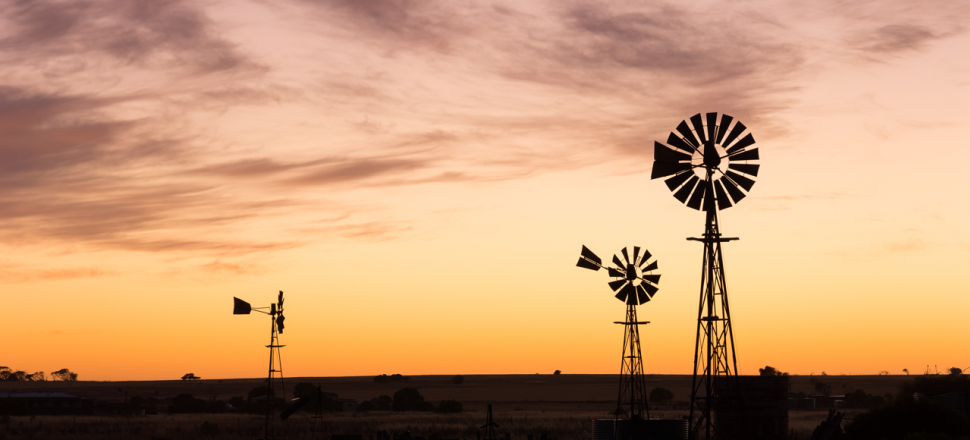Doctors groups are stressing that the new rural health commissioner needs to be one of their own
The federal government will soon invite applications for the new post of National Rural Health Commissioner to fix inequities in health outcomes and health workforce shortages in the bush.
After the Senate passed enabling legislation on Wednesday night, doctors groups stressed the need to have one of their own in the inaugural role.
Dr Ewen McPhee, president of the Rural Doctors Association of Australia, said the commissioner could bring “significant, positive reforms” in rural health.
“He or she will play a particularly important role in rebalancing the maldistribution of doctors and other health professionals between urban and rural Australia,” he said.
The second major priority would be in implementing the government’s promised National Rural Generalist Pathway, to help to deliver the next generation of doctors with advanced skills to rural and remote communities, he said.
RACGP president Dr Bastian Seidel said the new commissioner should be a GP who championed the cause of rural general practice.
“The RACGP believes this role should go to an experienced rural GP with a good understanding of national rural workforce issues,” Dr Seidel said.
This person must also understand and promote the benefits that digital health can bring to rural communities and promote participation in the rural health workforce across medical specialties and allied health, he said.
ACRRM President Dr Ruth Stewart said the new role would help bring along states that were lagging behind in the development of versatile rural doctors who were prepared to make careers in rural and remote Australia.
“Queensland’s rural generalist program has 10 years of data showing 85% of graduates continue to work in rural and remote areas,” she told The Medical Republic.
Dr McPhee said the rural doctors movement would also help the development of other strategies to build the rural health workforce, not only for doctors but also for nursing and allied health.
“Additionally, this role will play a crucial role in the wider challenges facing rural healthcare, including improving health outcomes for Aboriginal and Torres Strait Islander people and boosting mental healthcare access in the bush,” Dr McPhee said.
The government has budgeted $4.4 million to establish the new commissioner, who will have a brief to work with communities, the health sector, universities, specialist training colleges and all levels of government to champion the cause of rural practice.
“The very first task of the commissioner will be to develop a National Rural Generalist Pathway, to improve access to training for doctors in regional, rural and remote Australia,” Assistant Health Minister Dr David Gillespie said, outlining the statutory position in February.
“Appropriate remuneration for rural generalists, recognising their extra skills and longer working hours, will also be under consideration,” he said.


